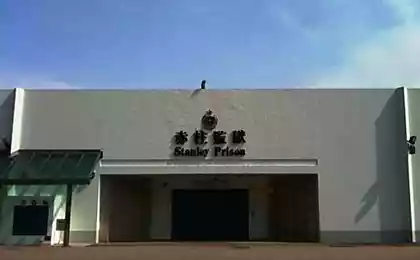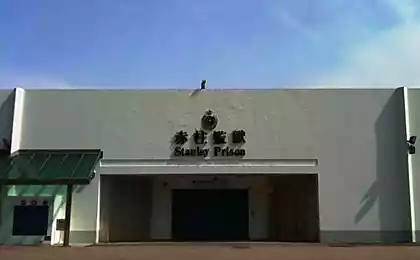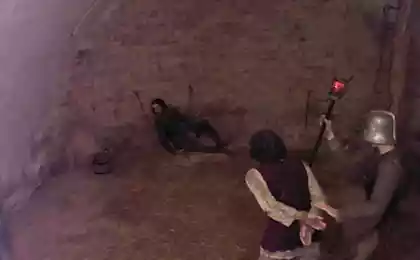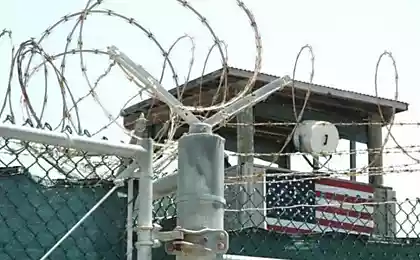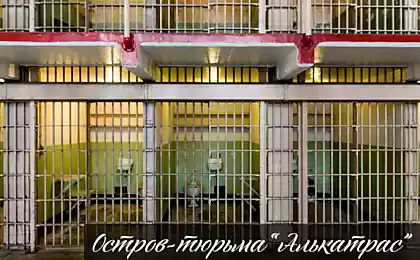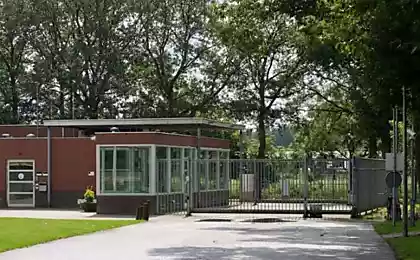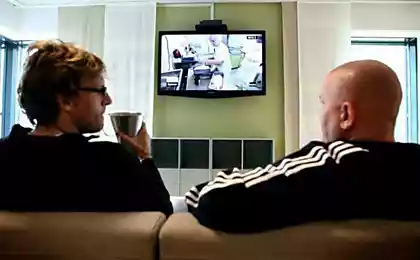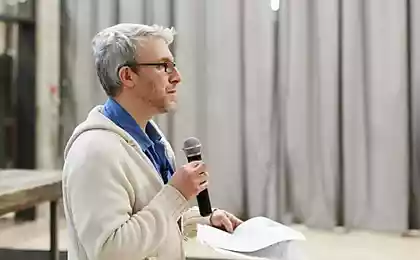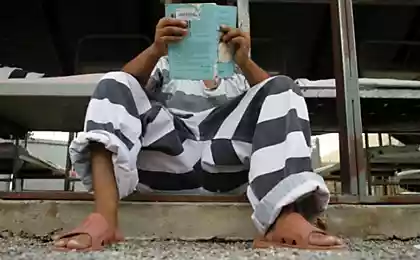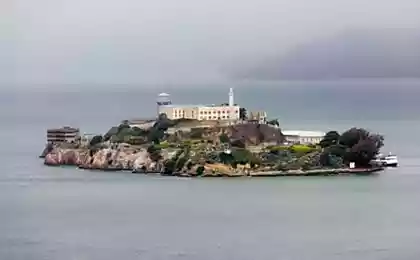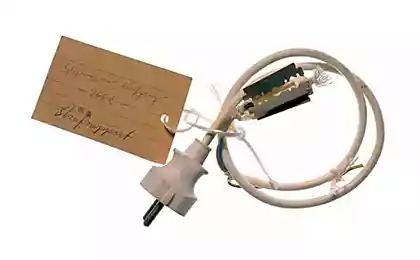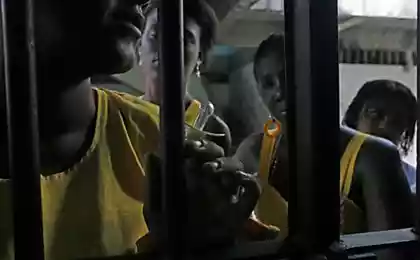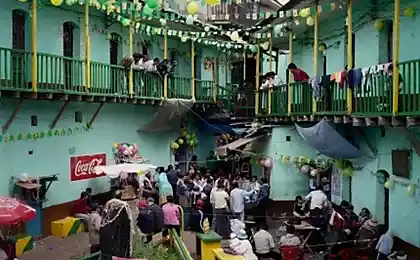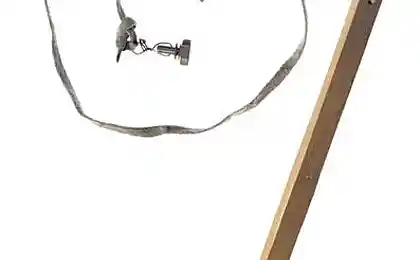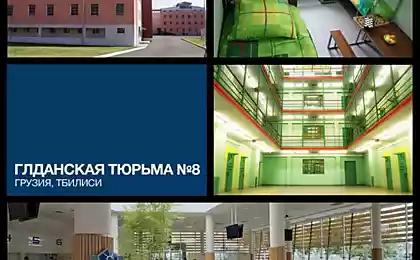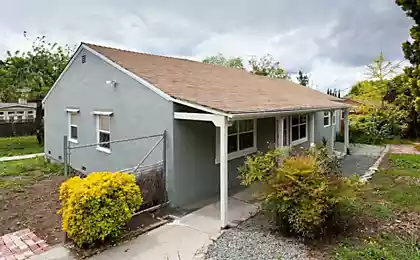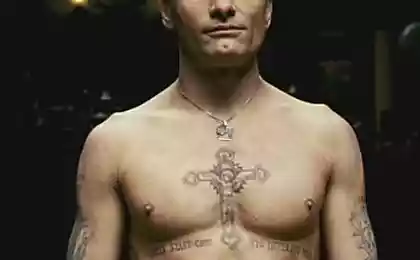954
Heads of State, who served time in prison
The Heads of State and Government, who served time in prison.
Vladimir Ilyich Lenin (the first chairman of the Council of People's Commissars of the RSFSR in 1917-1924.):
He was active propaganda work among the workers, calling for a change of political system. They were produced more than 70 leaflets. In December 1895 he was arrested, detained for over a year in prison and in 1897 sent to 3 years in the Minusinsk district Shushenskoye Yenisei province.
When the First World War Lenin lived in the territory of Austria-Hungary in the Galician village of Poronin, where he came to the end of 1912. Because of suspicions of spying for the Russian government, Lenin was arrested by the Austrian gendarmes. For its release required the assistance of the deputy-socialist Austrian Parliament V. Adler. August 6, 1914, Lenin came out of prison.
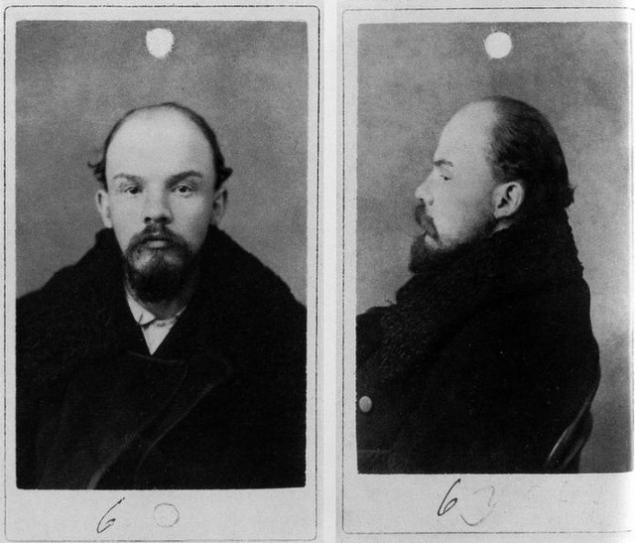
Joseph Stalin (the first chairman of the Council of Ministers of the USSR in 1946-1953.):
Stalin sat six times. It was only in the first - for political reasons. All other terms he received for robbery. In favor of the party of young ideological fighter for banknotes arranged raids, raids, robberies ... In his "personal account" robbery of the century in Tbilisi, where, along with other Kamo he stole a quarter of a million rubles, the amount at the time fantastic. Then a gang of Stalin kept at bay all the oil of Baku.
And the pinnacle of "creativity" was an attack on the steamer "Emperor Nicholas I» ...
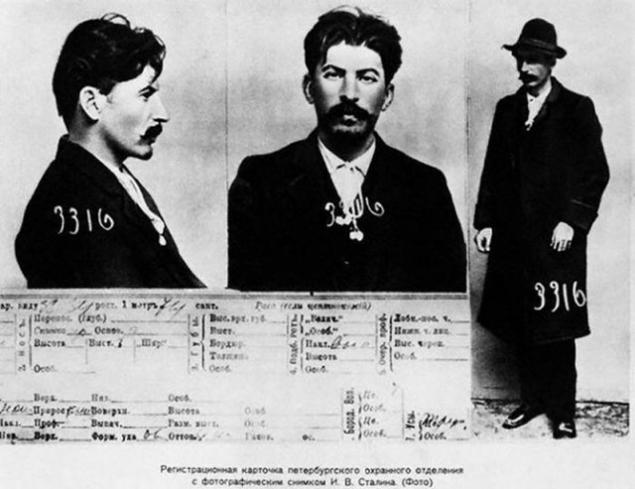
Adolf Hitler Alaiozovich (First Chancellor of the Third Reich in 1933-1945.):
In Landsberg fortress-prison in November 1923 - December 1924, Hitler was serving a sentence for organizing the Munich putsch, 8-9 November 1923.
Hitler was kept in a comfortable environment, its camera removed other inmates, he regularly received visitors. During the conclusion of Hitler dictated (first Secretary Emil Maurice, and then Hess) his book "Mein Kampf».
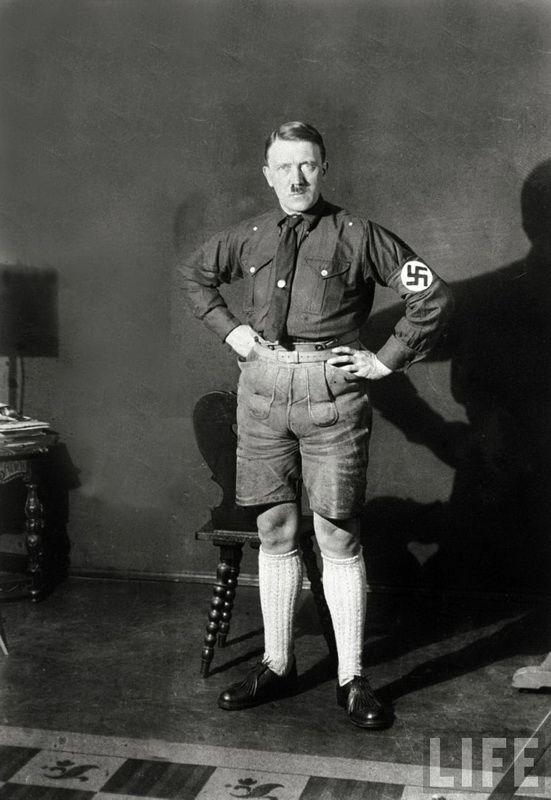
Fidel Castro Alehandrovich (Chairman of the State Council of Cuba from 1976 to 2008.):
26 July 1953 26-year-old Fidel Castro led an attack on the Moncada barracks in Santiago, Cuba, during an attempt to overthrow the dictator Batista Fulgeniko. The rebels lost the fight, but Castro was able to step back and hid in one of the villages, until he was found August 1st. At the trial, saying in his defense, he declared: "History Will Absolve Me", but was sentenced to 15 years in prison. Considering that the rebels no longer pose a risk, Batista pardoned Castro re-elected in 1955. After 4 years in Cuba, change of power.
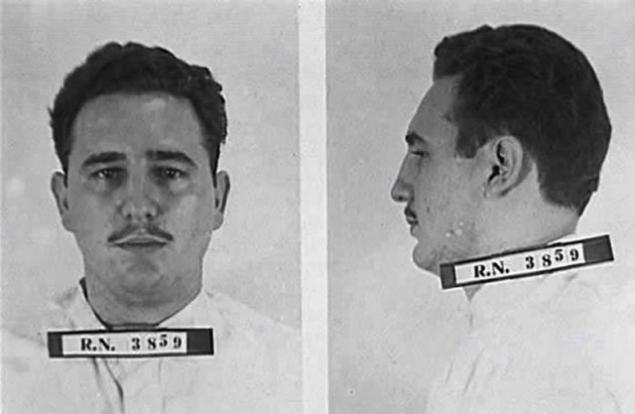
Nelson Mandela Rolilahlalovich (President of South Africa (the first black president) from 1994 to 1999.):
5 August 1962 Mandela was on the run for seventeen months, was arrested by the authorities and imprisoned in Johannesburg. To a large extent the success of the operation was made possible thanks to the help of the CIA.
At trial, Mandela was charged with the organization of workers' strikes in 1961 and illegal crossing of the state border. October 25, 1962 he was sentenced to five years in prison.
During his speech at the trial 20 April 1964 the Supreme Court in Pretoria.
All defendants except Rusty Bernstein were found guilty, but the 12 June 1964 a measure of punishment was changed to life imprisonment
Mandela served his sentence on Robben Island near Cape of Good Hope, where he stayed for the next eighteen of twenty-seven years in prison.
While in prison in solitary confinement in prison, Mandela gained worldwide fame.
According to the memoirs of Mandela, as the D-group prisoner, he was entitled to one visit and one letter within six months.
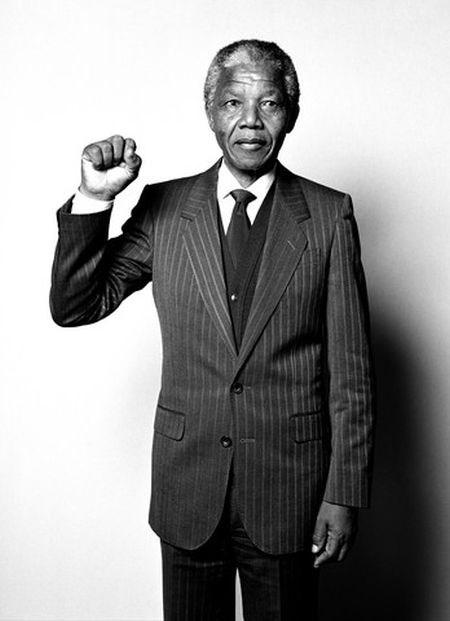
Hugo Chavez Rafaelevich (president of Venezuela from 1999 to 2013.):
February 4, 1992 under the command of army columns Hugo Chavez took to the streets of the capital Caracas. The rebels claimed that the plan is not to seize power, and its reorganization and the creation of the Constituent Assembly.
At noon on February 4th Hugo Chavez surrendered to the authorities, he urged his supporters to lay down their arms and took full responsibility for the preparation and organization of the operation. At the time of his arrest, was broadcast live, Lieutenant Colonel Chavez said that he and his comrades lay down their arms only because of the fact that this time they failed to achieve its objectives and to avoid further bloodshed, but the struggle will continue. Chavez and a number of his supporters were in prison, where he spent the next two years.
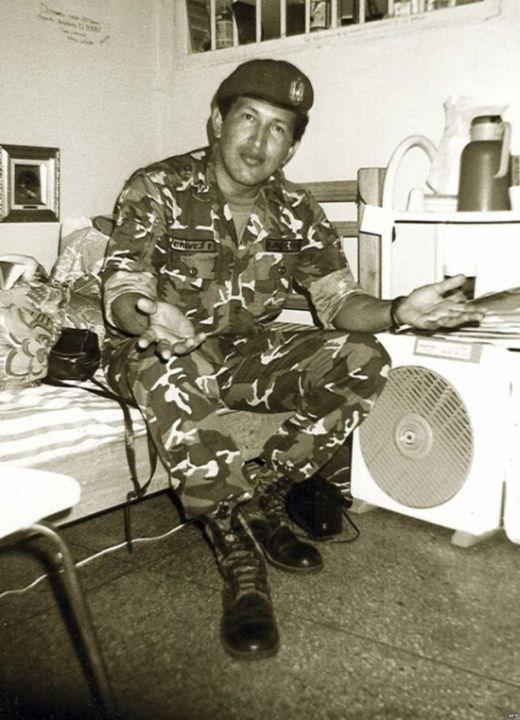
Vladimir Ilyich Lenin (the first chairman of the Council of People's Commissars of the RSFSR in 1917-1924.):
He was active propaganda work among the workers, calling for a change of political system. They were produced more than 70 leaflets. In December 1895 he was arrested, detained for over a year in prison and in 1897 sent to 3 years in the Minusinsk district Shushenskoye Yenisei province.
When the First World War Lenin lived in the territory of Austria-Hungary in the Galician village of Poronin, where he came to the end of 1912. Because of suspicions of spying for the Russian government, Lenin was arrested by the Austrian gendarmes. For its release required the assistance of the deputy-socialist Austrian Parliament V. Adler. August 6, 1914, Lenin came out of prison.

Joseph Stalin (the first chairman of the Council of Ministers of the USSR in 1946-1953.):
Stalin sat six times. It was only in the first - for political reasons. All other terms he received for robbery. In favor of the party of young ideological fighter for banknotes arranged raids, raids, robberies ... In his "personal account" robbery of the century in Tbilisi, where, along with other Kamo he stole a quarter of a million rubles, the amount at the time fantastic. Then a gang of Stalin kept at bay all the oil of Baku.
And the pinnacle of "creativity" was an attack on the steamer "Emperor Nicholas I» ...

Adolf Hitler Alaiozovich (First Chancellor of the Third Reich in 1933-1945.):
In Landsberg fortress-prison in November 1923 - December 1924, Hitler was serving a sentence for organizing the Munich putsch, 8-9 November 1923.
Hitler was kept in a comfortable environment, its camera removed other inmates, he regularly received visitors. During the conclusion of Hitler dictated (first Secretary Emil Maurice, and then Hess) his book "Mein Kampf».

Fidel Castro Alehandrovich (Chairman of the State Council of Cuba from 1976 to 2008.):
26 July 1953 26-year-old Fidel Castro led an attack on the Moncada barracks in Santiago, Cuba, during an attempt to overthrow the dictator Batista Fulgeniko. The rebels lost the fight, but Castro was able to step back and hid in one of the villages, until he was found August 1st. At the trial, saying in his defense, he declared: "History Will Absolve Me", but was sentenced to 15 years in prison. Considering that the rebels no longer pose a risk, Batista pardoned Castro re-elected in 1955. After 4 years in Cuba, change of power.

Nelson Mandela Rolilahlalovich (President of South Africa (the first black president) from 1994 to 1999.):
5 August 1962 Mandela was on the run for seventeen months, was arrested by the authorities and imprisoned in Johannesburg. To a large extent the success of the operation was made possible thanks to the help of the CIA.
At trial, Mandela was charged with the organization of workers' strikes in 1961 and illegal crossing of the state border. October 25, 1962 he was sentenced to five years in prison.
During his speech at the trial 20 April 1964 the Supreme Court in Pretoria.
All defendants except Rusty Bernstein were found guilty, but the 12 June 1964 a measure of punishment was changed to life imprisonment
Mandela served his sentence on Robben Island near Cape of Good Hope, where he stayed for the next eighteen of twenty-seven years in prison.
While in prison in solitary confinement in prison, Mandela gained worldwide fame.
According to the memoirs of Mandela, as the D-group prisoner, he was entitled to one visit and one letter within six months.

Hugo Chavez Rafaelevich (president of Venezuela from 1999 to 2013.):
February 4, 1992 under the command of army columns Hugo Chavez took to the streets of the capital Caracas. The rebels claimed that the plan is not to seize power, and its reorganization and the creation of the Constituent Assembly.
At noon on February 4th Hugo Chavez surrendered to the authorities, he urged his supporters to lay down their arms and took full responsibility for the preparation and organization of the operation. At the time of his arrest, was broadcast live, Lieutenant Colonel Chavez said that he and his comrades lay down their arms only because of the fact that this time they failed to achieve its objectives and to avoid further bloodshed, but the struggle will continue. Chavez and a number of his supporters were in prison, where he spent the next two years.

